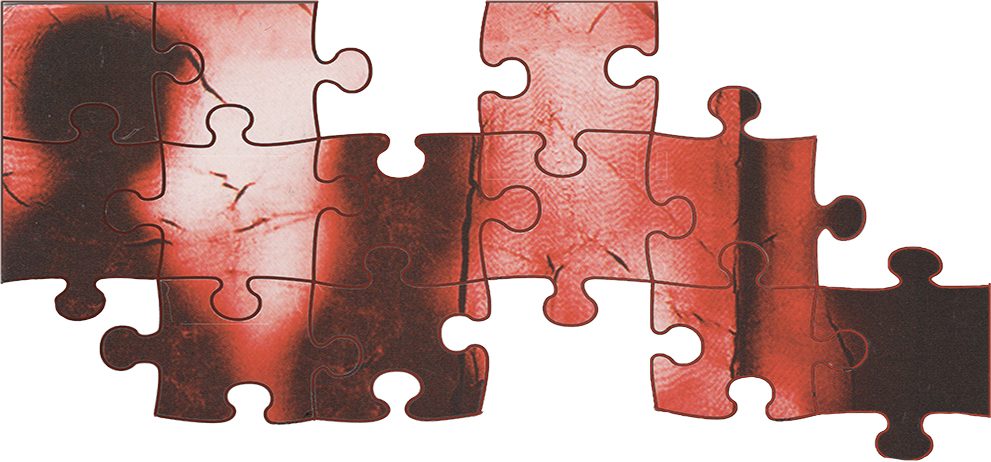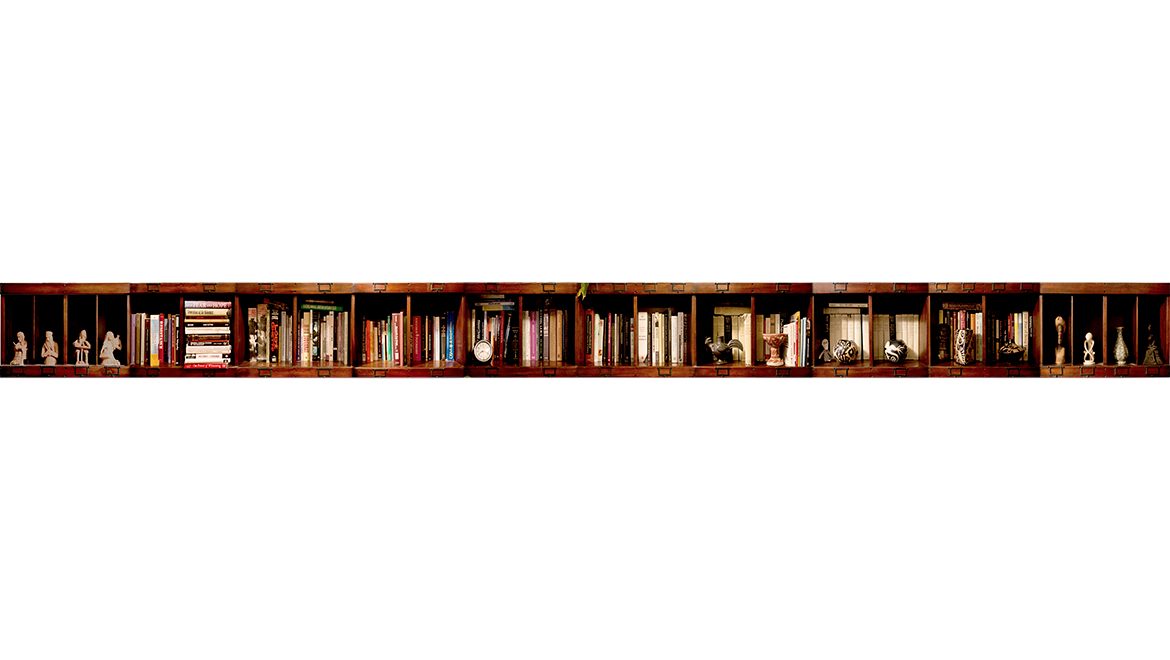
I hold a Ph.D in Psychology from the University of London, and a Certificate in and Psychoanalysis from the New York University Post-Doctoral Program in Psychotherapy and Psychoanalysis.
I was on the faculty of Tel- Aviv University, and have been a faculty member and supervisor at the Institute for Contemporary Psychotherapy in NYC.
I am experienced in the following areas: Trauma, Depression, anxiety disorders, Difficulties in intimate relationships, psychosomatic symptoms, balancing parenting and work, empowerment of women, conflicts with authority in the work place, separation, loss, dealing with the inter-generational transmission of trauma, conflicts resulting from immigration and struggles with creativity.
My style is warm and compassionate, and my work is tailor made to the unique individual. My approach is psychodynamic, which means that I am not only interested in dealing with symptoms, such as depression and anxiety, but also value the exploration of the deep underlying roots of symptoms, in order to create long lasting effects of the treatment. However I tend to be flexible in my approach, and try to integrate cognitive behavioral therapy techniques whenever I feel that it can be helpful.
Psychodynamic Psychotherapy and psychoanalysis
Typically people seek therapy during a crisis or when they have reached an impasse in their lives, feeling stuck in a relationship or a career, and unable to resolve their issues on their own.
In psychodynamic therapy, therapists aim at addressing not only conscious ideas but also unconscious thoughts and feelings in order to discover old patterns which have developed over time and interfere detrimentally with present functioning. Recognizing recurring patterns helps people see their old defense mechanism, which may no longer be helpful, and replace them with new ways to understand their emotions and relationships. I equate the therapeutic process to working on a puzzle: Each person enters therapy
Knowing many pieces of their life puzzle, and with the help of the therapist are gradually able to integrate the pieces into a whole While this work can painful at times, the process of discovery is also comforting, empowering, creative and even exhilarating. It leads to the development of new insights into past experiences and to the exploration of new opportunities, which may leading to change, autonomy and hope.
Some patients become interested in working more intensely, which involves meeting several time a week. At this point psychodynamic psychotherapy turns into psychoanalysis, which enables to examine more closely unconscious processes such as transference.
